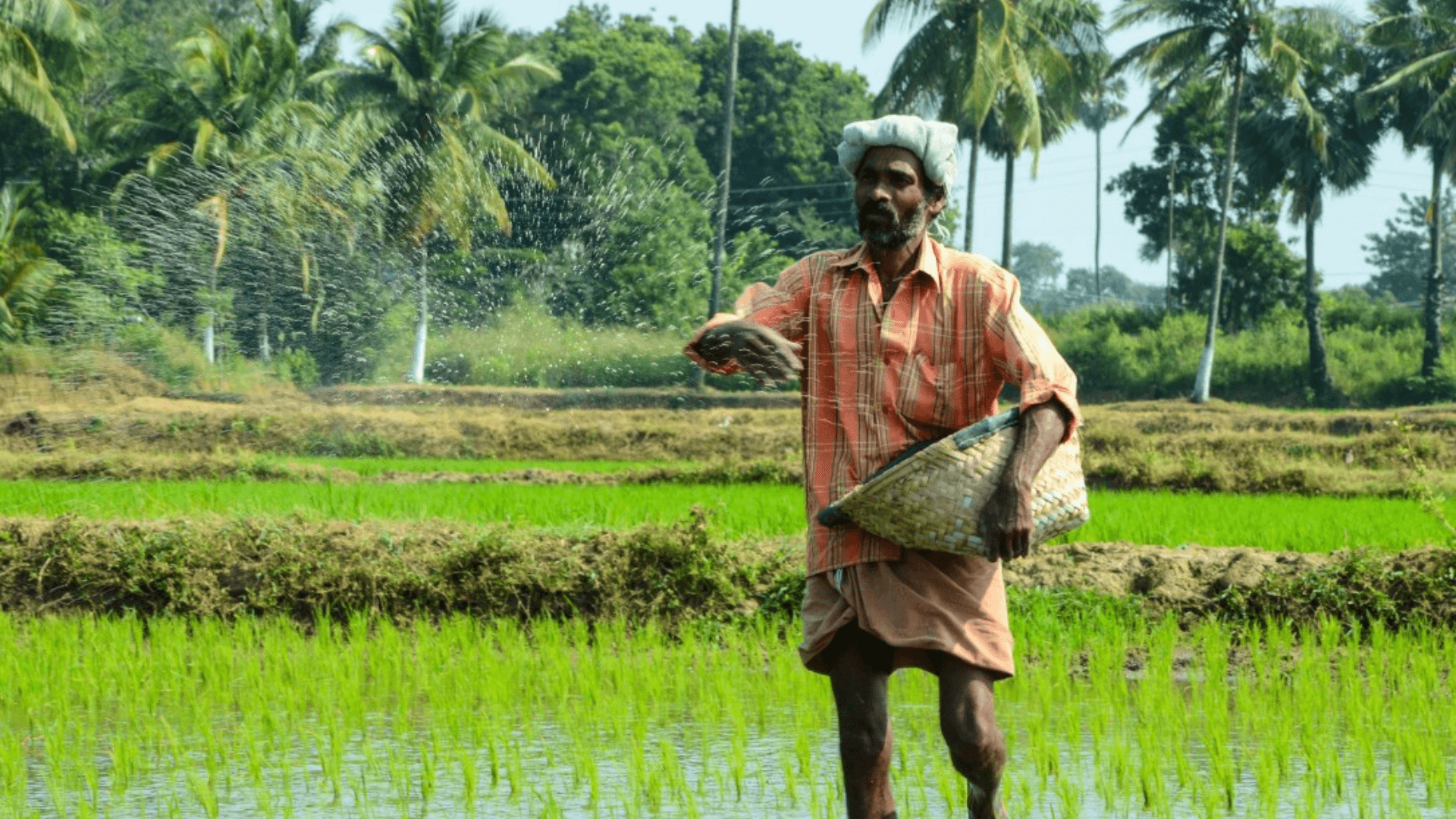When it comes to successful farming, picking the right seeds is half the battle won. While factors like soil quality and climate are crucial, the importance of choosing the right seeds for crop protection cannot be overstated. In this blog, we’ll guide you through the key factors to consider for ensuring a healthy, productive crop.
The Importance of Seed Selection in Crop Protection
Choosing the right seeds is the first step towards effective crop protection. Good seeds lead to strong plants that are resistant to pests and diseases. Let’s explore the aspects you should focus on for seed selection.
Factors to Consider for Seed Selection
1.Seed Quality
First and foremost, make sure to choose seeds of high quality. Look for seeds that are certified and free from impurities. High-quality seeds ensure a higher germination rate and stronger plants.
2. Disease Resistance
Certain seed varieties are bred to be resistant to common pests and diseases. Opting for these seeds can significantly reduce the need for chemical pesticides, making your farming methods more sustainable.
3. Adaptability to Local Conditions
Seeds should be well-suited to the local climate and soil conditions. Local or native seed varieties often adapt better and require less maintenance, contributing to effective crop protection.
4. Maturity Time
Knowing how long a crop takes to mature can help you plan better. Choose seed varieties that fit well within your farming calendar to maximize productivity.
5. Yield Potential
Always consider the yield potential of the seeds. Seeds that promise a higher yield are generally a good investment, provided they also meet other criteria like disease resistance and adaptability.

Tips for Successful Seed Selection
- Consult Experts: If you’re unsure about which seeds to choose, don’t hesitate to consult local agricultural experts or seasoned farmers in your community.
- Test a Sample: Before fully committing to a particular seed type, it’s wise to test a small sample. This can help you gauge how well the seed adapts to your soil and climate.
- Read Labels Carefully: Reading the information on seed packets can provide you with valuable insights into the seed’s quality, maturity time, and disease resistance.
Conclusion
Seed selection plays a pivotal role in crop protection. Investing time and effort in choosing the right seeds can save you from future headaches related to pests and diseases. Consider factors like seed quality, disease resistance, adaptability to local conditions, and yield potential to make an informed decision.
By giving due attention to seed selection, you’re laying the foundation for effective crop protection and a successful farming venture.
Your crops are only as good as the seeds you plant. Make the right choice today for a fruitful harvest tomorrow!
See Also


Leave a Reply